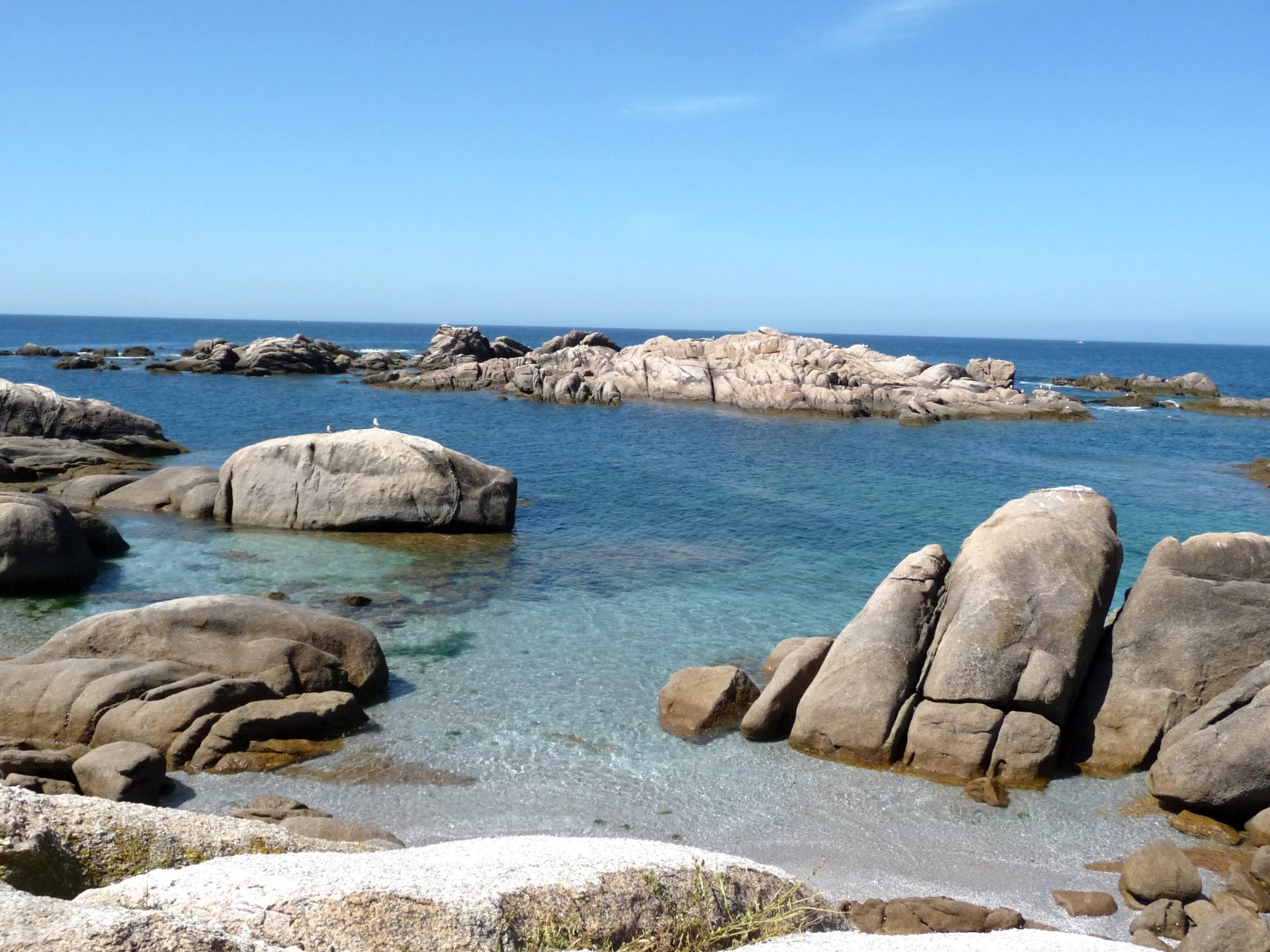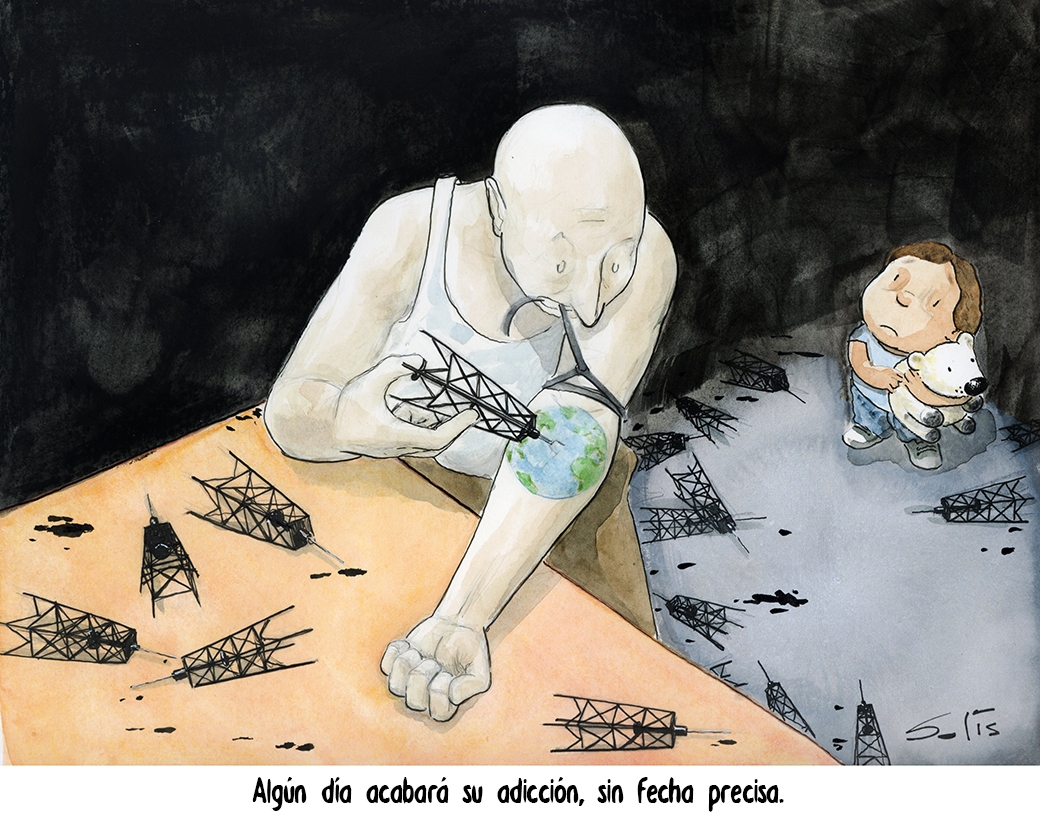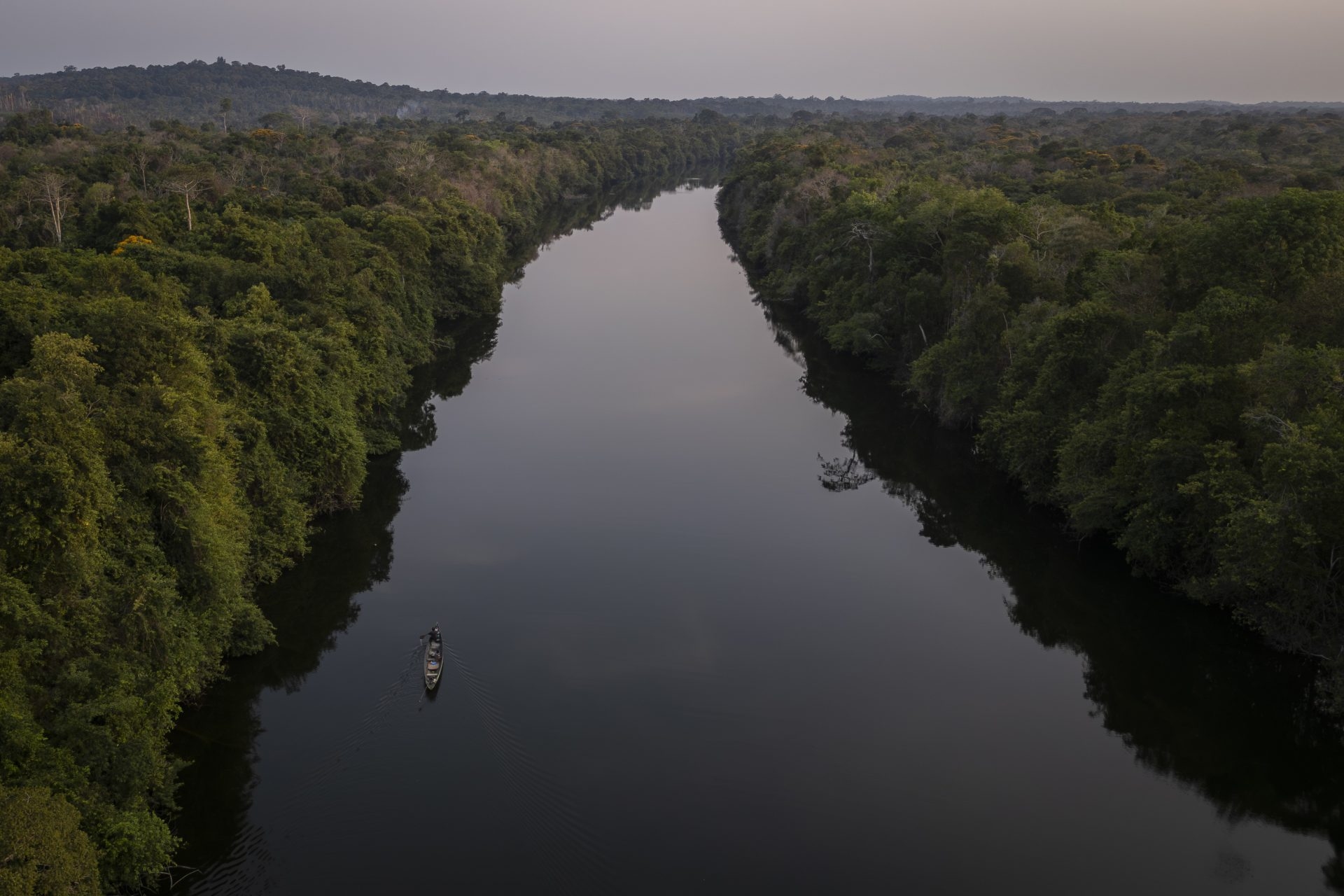WWF: Ocean collapse could put €7.7 trillion of the global economy at risk over the next decade

The World Wildlife Fund (WWF), coinciding with the start of the meetings of high-level representatives at COP30 in Brazil and the G20 meeting on November 21, has warned that the accelerated deterioration of the oceans puts up to 7.7 trillion euros of the world economy and food security at risk in the next decade.
According to the organization, as the world's main economic forum, the G20 has "a key role" to lead in a coordinated manner the alignment of the global financial system with ocean and climate resilience.
Because, they emphasize in a statement, if it were a country, "the Oceanic economy would be the fifth largest in the world."
Accelerated deterioration of the oceansThis is reflected in the guide 'Ocean Health. An introductory guide for central banks, financial regulators and supervisors' prepared by WWF technicians together with experts from the United Nations Conference on Trade and Development (UNCTAD), the United Nations Environment Programme (UNEP-FI), the World Economic Forum, Stockholm Resilience Centre and Planet Tracker.
The 71-page guide warns that the accelerating deterioration of the oceans "poses a material risk to global financial stability and calls for the urgent integration of ocean health into financial regulation and supervision."
It warns that unsustainable ocean practices pose a systemic threat to financial stability, as up to €7.7 trillion of global economic value could be at risk over the next decade if current trends continue.
"Financial authorities can protect ocean assets while promoting sustainable investments in a blue economy that generates employment, food security and climate resilience," they emphasize.
Furthermore, it argues that central banks and financial regulators "must ensure that monetary and financial policies support, and do not undermine, marine ecosystems, the true natural capital that sustains global prosperity."
Because, as marine ecosystems approach "critical points of no return," their deterioration threatens food security, economic productivity, and global financial stability.
Deterioration of the Mar Menor and coral reefsThey explain that according to new research from the National Oceanic and Atmospheric Administration (NOAA) since the beginning of 2023, more than 84% of the world's coral reefs have been affected by mass bleaching, endangering ecosystems that are home to between 25% and 40% of all marine species and generate billions of dollars in tourism and fishing.
Among the examples, the document cites the case of the Mar Menor, the largest saltwater lagoon in Europe, located in southeastern Spain, and refers to the analysis published by the Bank of Spain in the Autumn 2021 Financial Stability Report on how its ecological degradation has affected the value of housing in the area and, consequently, the credit conditions of loans backed by these assets.
The initial roadmap for central banks and supervisors makes a number of recommendations, such as: assessing and disclosing exposure to ocean-related financial risks and integrating ocean risk into monetary policy, supervision, and stress tests.
Likewise, redirecting capital flows from harmful activities towards sustainable sectors of the blue economy or collaborating internationally to standardize the assessment of and response to ocean risk.
Lennys Rivera, an expert with WWF's climate and energy program, asserts that "coordinated leadership through the G20, the BRICS (Brazil, Russia, India, and China), and the Network to Green the Financial System (NGFS), a coalition of more than 100 central banks and supervisors, is essential to align finance with ocean protection and ensure long-term market stability." EFEverde
lul/crf
efeverde





